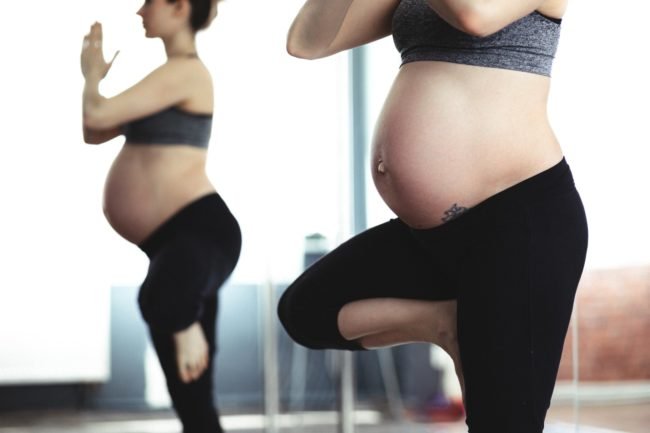Dengue fever is caused by a virus and is transmitted to the humans by a mosquito bite. The features of Dengue are the same in pregnancy and in the non-pregnant. Dengue during pregnancy can have serious implications on both the mother and the baby. The infection can be transmitted from the mother to the baby. During delivery, dengue can cause bleeding complications due to very low platelets.
Symptoms of Dengue Fever
Most patients will present with high-grade fever, headache, severe body ache, muscle, and joint aches, and may have mild bleeding from gums. In severe cases, it can lead to nausea, vomiting, abdominal pain, bleeding and sometimes shock and death.
Dengue fever happens in three stages: the Febrile phase, the Critical phase, Recovery phase. In the febrile phase, the patient has a high-grade fever, body ache, joint pains headache, loss of appetite, nausea, and vomiting. They may also have a rash.
The next phase is the critical phase when bleeding can happen, and multiple organs can be involved. Patients may have persistent vomiting, pain and will require admission. Depending on the organs involved they may also go into shock.
The last phase is the recovery phase wherein the patient starts to settle.
Diagnosis Of Dengue Fever
The CBC is an important test to detect and monitor the progress of dengue. The earliest sign of dengue is a gradual decrease in the WBC count. The Rapid NS1 antigen is detected on Day 3 of fever and Dengue IGM detected after Day 5 of fever.
Management of Dengue Fever in pregnancy
- Pregnant patients with Dengue are usually admitted for close monitoring.
- Hydration plays a key role in management.
- Patients are advised to drink plenty of water.
- In the hospital, intravenous fluids are used for hydration.
- Normal saline is preferred over Ringer lactate and Dextrose should be avoided.
- Paracetamol is safe during pregnancy and NSAIDS should be avoided.
- There is no specific antiviral agent available for Dengue Virus.
- Platelet Transfusion is not required unless they are below 50000 and delivery is imminent.
Prevention Of Dengue Fever
- There is no vaccine available for prevention.
- It is advisable to wear loose cotton clothing that covers your arms and legs to prevent insect bite.
- One should try and stay in places that have air conditioning or have screens on windows and doors.
- Mosquitos breed in stagnant water. Therefore, it is important to empty or change the water in containers (buckets, plant trays, wading pools, birdbaths)
- Regular fumigation can help.
- Wire mesh on doors and windows can help to keep the mosquitoes out.
- Mosquito nets for beds can very effective.
- Certain Insect repellents are safe in pregnancy. (the U.S. Centers for Disease Control (CDC). The active ingredients DEET, picaridin, 2-undecanone, or IR3535 are safe and provide long-lasting protection. Permethrin is also a repellent but is not safe to use on skin. Permethrin products are for use on clothing, shoes, bed nets, and camping gear.
If you have a fever and you are pregnant then it is advisable to see a physician and be under close monitoring. Early detection and hydration can prevent complications.








